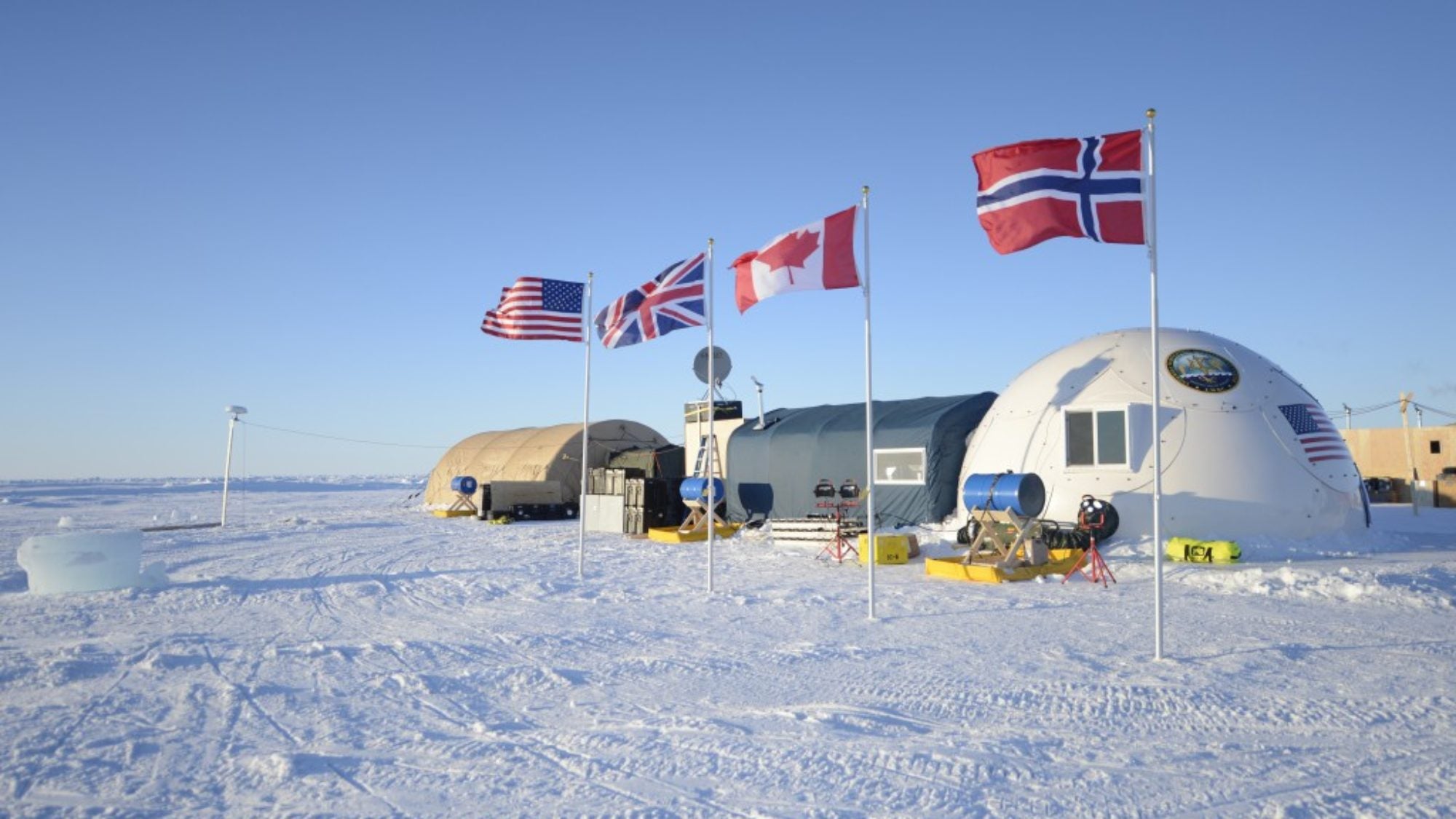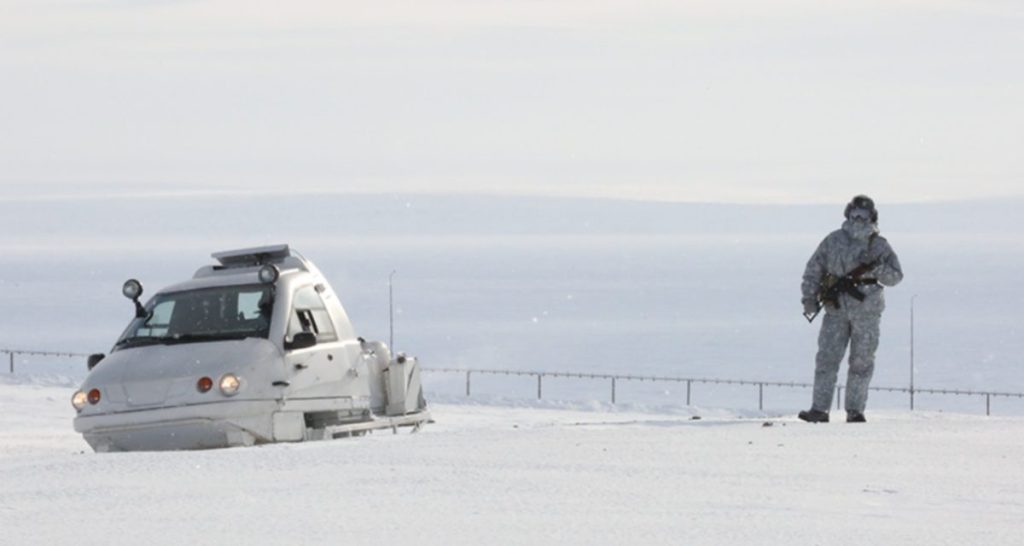Dynamics of Arctic Geopolitics: A Contemporary Analysis

In the light of global warming and shifting global power dynamics, the arctic region is increasingly gaining strategic importance. The arctic geopolitics landscape is being reshaped by the effects of climate change, specifically the melting sea ice, as well as the geopolitical rivalries between great power nations like the United States, Russia, and China. This contributes to the timely topic of ‘Arctic geopolitics: Navigating competing interests in the region’.
The Significance of Arctic Region in Global Politics
Many countries, especially the eight Arctic states including the US, Russia, and members of the European Union, view the Arctic as a region of significant geopolitical and economic importance. The melting sea ice provides access to potential new shipping routes, particularly the Northern Sea Route, and the possible untapped natural resources underneath the Arctic Ocean.
The Historical Perspective of Geopolitics in the Arctic
Historically, the Arctic has seen little conflict, with the Cold War being an exception. The Soviet Union and the US eyed the Arctic Circle for strategic military advantages. In recent years, however, the focus has shifted towards economic interests and environmental protection. The United Nations Convention on the Law of the Sea has played a significant role in peaceably determining the continental shelf claims.
Major Competing Powers and Strategic Interests in the Arctic
As rising temperatures continue to melt Arctic ice, previously inaccessible routes and resources are becoming increasingly attractive to Arctic nations. Each Arctic state, for instance, has laid claims to the Arctic Ocean, seeking to control the Northern Sea Route and the vast untapped natural resources that lie beneath.

Geopolitical Rivalries: U.S., China, and Russia’s Standpoints in the Arctic
The United States, Russia, and China are shaping the Geopolitics of the Arctic. The U.S. seeks to maintain its influence as an Arctic state through its Arctic strategy and policy. Russia in the Arctic is focusing on militarization and maintaining the integrity of its Arctic coast. China, though not an Arctic state, is also keen on benefiting from the shipping routes melting sea ice could expose.
The Emergence of Military Presence in the Arctic Circle
Diplomatic Initiatives and Collaboration in the Arctic
Despite the geopolitical tensions, there’s a predominant emphasis on cooperation among the Arctic states. Many of these states are members of the Arctic Council, which fosters cooperation and coordination on Arctic issues. They have signed the United Nations Convention on the Law of the Sea and other agreements that uphold peaceful cooperation in the Arctic.
Future Trends and Challenges in Arctic Geopolitics
Climate change will continue to reshape Arctic geopolitics, altering the Arctic Ocean and unlocking more shipping routes. The high north will face challenges related to environmental protection, national security, and the rights of indigenous peoples living in the region. Multi-polar world considerations could also lead to new alliances or exacerbated tensions.
Conclusion
From being a frozen frontier, the Arctic is emerging as a hot spot for geopolitical interests. The region’s strategic importance, underscored by the lure of new shipping routes and natural resources, is causing a shift in global power dynamics. As the ice continues to thaw, cooperation, mutual respect for sovereignty, and regard for the delicate ecosystem and indigenous communities must guide the actions of all stakeholders to ensure that the Arctic remains a zone of peace and cooperation, despite the changing geopolitical scenario.

Leave a Reply